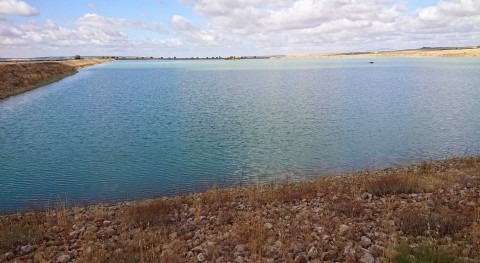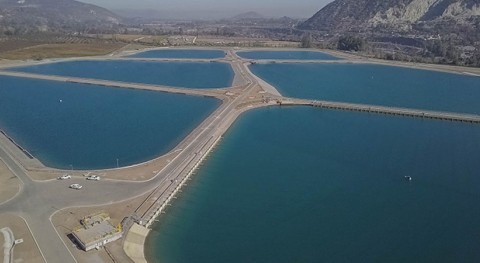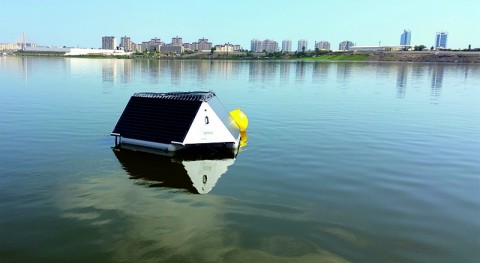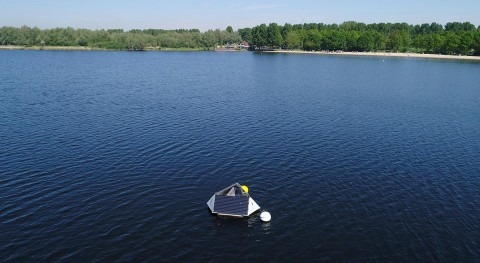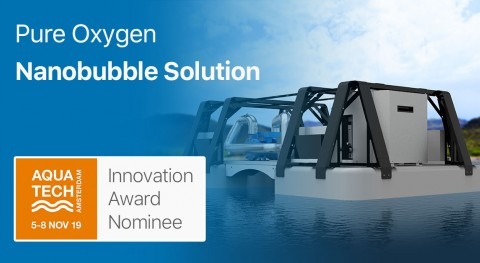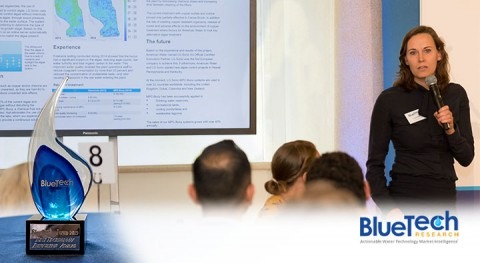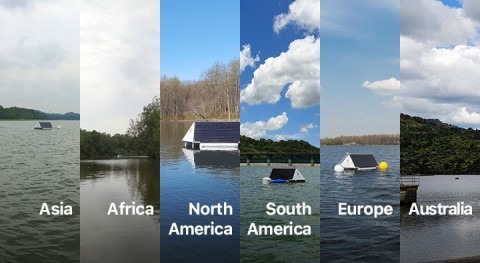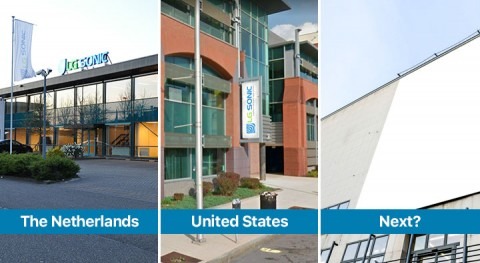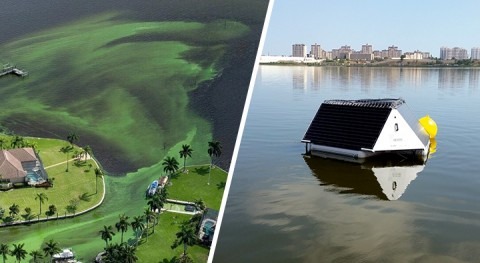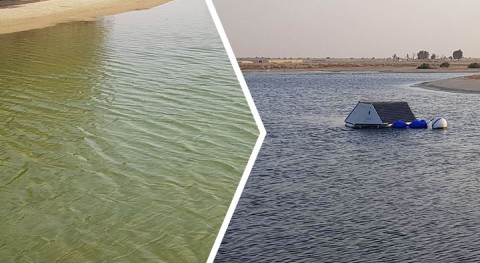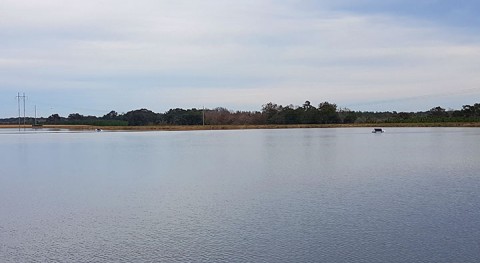To solve these algal blooms problems, the City of Newark will use LG Sonic technology.
“Identifying new and effective ways to address the growing number of occurrences of harmful algal blooms is a public health and environmental priority for the Murphy Administration,” said Commissioner Catherine R. McCabe.
To solve existing issues and prevent future occurrences of harmful algal blooms, the New Jersey DEP awarded the City of Newark Department of Water and Sewer Utilities a grant to install eight LG Sonic MPC-Buoy systems. These systems will be implemented at Echo Lake in Passaic County that serves its Pequannock Water Treatment Plant, with the possibility to install additional units in other reservoirs.
Ultrasonic frequencies
MPC-Buoy systems monitor water quality in real-time and based on this data, they send adjusted ultrasonic frequencies that treat algal blooms. LG Sonic ultrasound fixes the algae in the water column and prevent them from absorbing sunlight that is essential for photosynthesis. The systems are proven to reduce up to 90% of algae while not affecting fish and other aquatic life.
LG Sonic, the manufacturer of MPC-Buoy systems, implemented its technology in 96 countries worldwide. It has previously helped American Water to successfully control algal blooms and eliminate chemical usage for their drinking water reservoir Canoe Brook in New Jersey.
Last year, more than 70 suspected algal blooms were reported in New Jersey, with 39 cases confirmed. Toxic blooms affected two of the state’s largest lakes – Greenwood Lake and Lake Hopatcong
“We have a strong track record of reducing 70-90% of algae in large water reservoirs and we are confident we will solve problems in Echo Lake and hopefully soon in other reservoirs across New Jersey. With interactive frequencies and a database containing over 20 million water quality and algae related data sets, we can select frequencies to optimise treatment to the specific algae and water conditions that are present,” said Greg Eiffert, Director of LG Sonic US.



